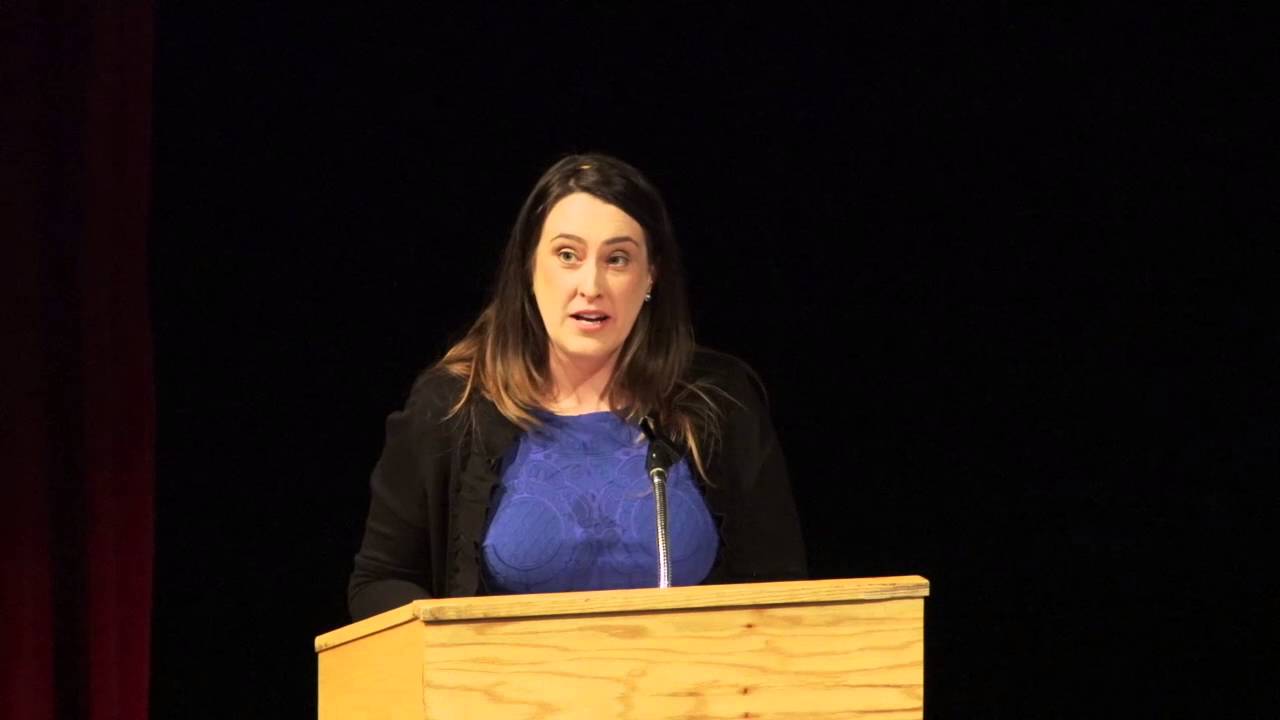Whorf ignited a controversy when he claimed the Hopi don’t speak or think about time the way Europeans do. Malotki wrote 600 pages to prove him wrong. Come explore Sapir-Whorf and Hopi Time! Do speakers of different languages have different concepts of time?
Subscribe for language: https://www.youtube.com/subscription_center?add_user=NativLang
Be my patron: https://www.patreon.com/user?u=584038
~ BRIEFLY ~
After years of studying Hopi, one linguist wrote a whole book focusing on just one thing about the language: it’s full of ways of talking about time. Of all things, why time?
Decades earlier, Whorf studied Hopi. Building on his mentor Sapir’s ideas about language, thought and culture, he drew a provocative conclusion. Comparing Hopi to European languages, he told us that the Hopi have a vastly different notion of “time”. To simplify, the Hopi think about time differently because they speak Hopi.
Hopi became the poster child for linguistic relativity or “Sapir-Whorf”, the idea that language shapes your thoughts or even determines how you think about time. Watch as the big fish claims about Hopi time grow. See why Malotki and other detractors dismiss them. Then explore the resurgence Whorfian ideas about language from curious cases of fieldwork on the ground and results from the lab. Finally, meet the curious case of Yucatec, a tenseless language.
In the end, we’ll see that languages do talk about time differently, but getting people to act as if they have fundamentally different concepts of time.
~ CREDITS ~
Art, narration, animation and some of the music by Josh from NativLang
Sources for claims and credits for imgs, music and sfx:
https://docs.google.com/document/d/1Jo0LZ6rcLpXfmd7yekZDCce_cGLA9T6PZa6rsXIDFmI/
language
1499450408
2017-07-07 18:00:08
8:31
UCMk_WSPy3EE16aK5HLzCJzw
NativLang
9310
158
source



